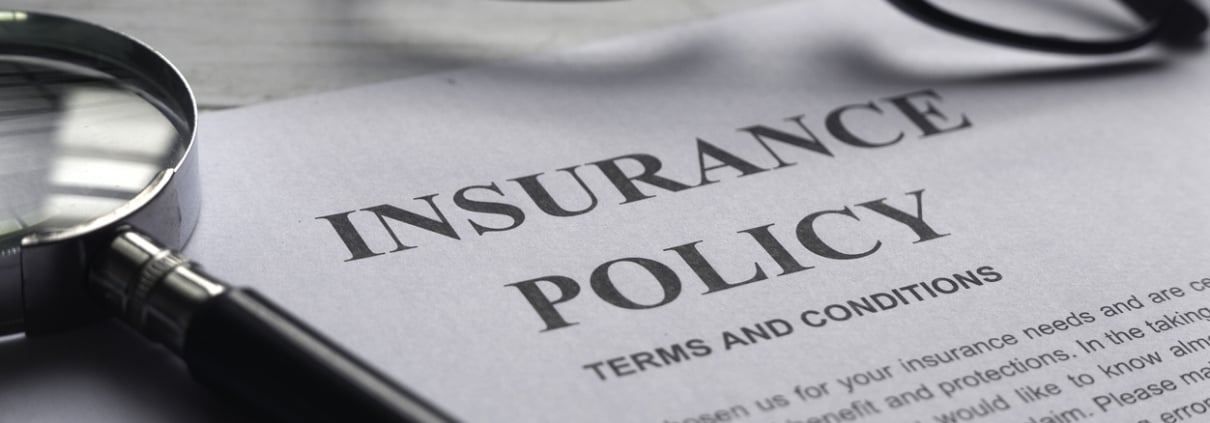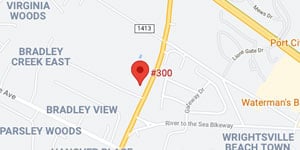
Understanding Your Homeowners Insurance Policy
North Carolina homeowners face risks from severe weather events, making it crucial to know what your policy covers—and what it doesn’t. Standard homeowners insurance typically includes coverage for fire, theft, and wind damage. However, certain perils, such as flooding and hurricane-related wind damage, may require separate endorsements or policies. Policyholders should also be aware of deductibles, exclusions, and state-specific regulations that could impact their ability to file a successful claim. By carefully reviewing your policy and understanding your rights and coverage limitations, you can be better prepared to navigate the claims process and protect your most valuable asset—your home.
When you need to make a significant or total loss disaster claim under your property and casualty insurance policy, a North Carolina property damage lawyer from Rhine Law Firm in Wilmington can help you get the largest reimbursements available–according to your policy’s terms and conditions. We challenge low offers from claims adjusters and pursue every dollar a property owner is entitled to recover to rebuild damaged property. For more information, schedule a free consultation today.
Coverage for the Structure of Your Home
Your North Carolina homeowners insurance policy includes Coverage A – Dwelling Protection, which safeguards the structure of your home against covered perils such as fire, windstorms, hail, lightning, and vandalism. This coverage applies to your home’s foundation, walls, roof, and built-in fixtures, such as cabinets and plumbing. If a covered event damages or destroys your home, your insurance policy will help pay for repairs or rebuilding costs up to your policy limits.
Additionally, most policies include Coverage B – Other Structures Protection, which extends coverage to detached structures on your property, such as garages, sheds, fences, and gazebos. However, certain exclusions apply, particularly for flooding and earthquake damage, often requiring separate policies.
It’s important to review your policy carefully to ensure you have adequate coverage to rebuild your home in the event of a disaster. You may want to increase your dwelling coverage limits or add endorsements for additional protection.
Where Can I Find This Information?
You can typically find this information in the Declarations Page and Coverage Sections of your homeowner’s insurance policy.
Specifically, you should review:
- Declarations Page–This section outlines your dwelling coverage limit (Coverage A), other structures coverage (Coverage B), personal property coverage (Coverage C), loss of use/additional living expenses (Coverage D), and liability protection (Coverage E). It summarizes your policy limits, specifying the maximum amount your insurer will pay for each type of coverage in the event of a covered loss.
- Policy Terms and Conditions—This section details what is covered and excluded, including any limitations on rebuilding costs. It also explains whether your policy covers replacement cost or actual cash value, which can significantly impact your ability to rebuild fully.
- Endorsements or Riders–If you have added extra coverage (e.g., ordinance or law coverage, extended replacement cost coverage, or flood insurance), this section will specify the additional protection available for rebuilding your home.
- Exclusions Section—This section of the policy lists events that are not covered, such as flooding or earthquakes, which may require separate insurance policies.
If you need help understanding your policy, contact your homeowners insurance attorney, who can provide further clarification.
Coverage for Personal Property
As noted, your North Carolina homeowners insurance policy includes Coverage C – Personal Property Protection, which helps pay to repair or replace your personal belongings if they are damaged, destroyed, or stolen due to a covered peril.
This coverage applies to furniture, clothing, electronics, appliances, and other personal possessions inside your home. Standard homeowners insurance typically protects against fire, smoke, theft, vandalism, windstorms, and certain types of water damage, but flooding and earthquakes are usually excluded and require separate coverage.
Most policies provide personal property coverage at either replacement cost or actual cash value (ACV). Replacement cost coverage pays for new items of similar kind and quality, while ACV factors in depreciation, meaning you may receive less than what it would cost to replace older items.
Additionally, high-value possessions, such as jewelry, fine art, collectibles, and firearms, often have coverage limits, requiring additional scheduled personal property endorsements or riders for full protection.
Additional Living Expenses
Additional Living Expenses (ALE) coverage, listed under Coverage D – Loss of Use, outlines the financial support available if your home becomes uninhabitable due to a covered loss. This section specifies coverage limits, typically 20-30 percent of your Dwelling Coverage, the duration of benefits (e.g., 12 or 24 months), and eligible reimbursable expenses such as hotel stays, rental costs, and food expenses. For a clear understanding of policy limits and exclusions, reviewing your Declarations Page or consulting your attorney is essential.
Liability Protection
Liability protection listed under Coverage E in a North Carolina homeowners insurance policy protects you if you are legally responsible for bodily injury or property damage to others. This applies to accidents that occur on your property, such as a guest slipping and falling, as well as incidents caused by you, your family members, or pets outside your home. Standard policies typically provide $100,000 to $500,000 in liability coverage, covering medical expenses, legal fees, and settlements or judgments if you are sued.
However, liability coverage does not cover intentional acts or injuries to members of your own household. Additionally, some situations, like business activities conducted from home or ownership of certain dog breeds, may require additional coverage or endorsements.
Homeowners who want greater financial protection can purchase umbrella insurance, which provides extra liability coverage beyond standard policy limits.
Schedule a Free Consultation with Rhine Law Firm, P.C.
The property damage attorneys at the Rhine Law Firm offer representation and assistance to North Carolina property owners whose homes have been damaged or destroyed by natural disasters, extreme weather events, fire, and other severe casualties.
Please call or visit our Wilmington office as soon as you can after a disaster strikes to schedule a free, no-obligation consultation on your significant or total loss. We can review your homeowners policy and explain your options. Since we work on a contingency fee basis, you will not pay attorney’s fees unless we win compensation for your losses.
About Us
Rhine Law Firm, P.C. serves clients throughout North Carolina and nationwide, specializing in complex civil litigation led by Joel Rhine. With expertise in personal injury, car accidents, property damage, sex abuse, and more, the firm is passionate about taking on challenging cases. They emphasize providing personalized legal representation, prioritizing their clients’ best interests while offering state-of-the-art legal strategies. Rhine Law Firm’s dedicated attorneys enjoy the fight for justice and are committed to guiding clients through complicated legal processes. The firm offers free consultations, flexible appointment scheduling, and Spanish language services.




